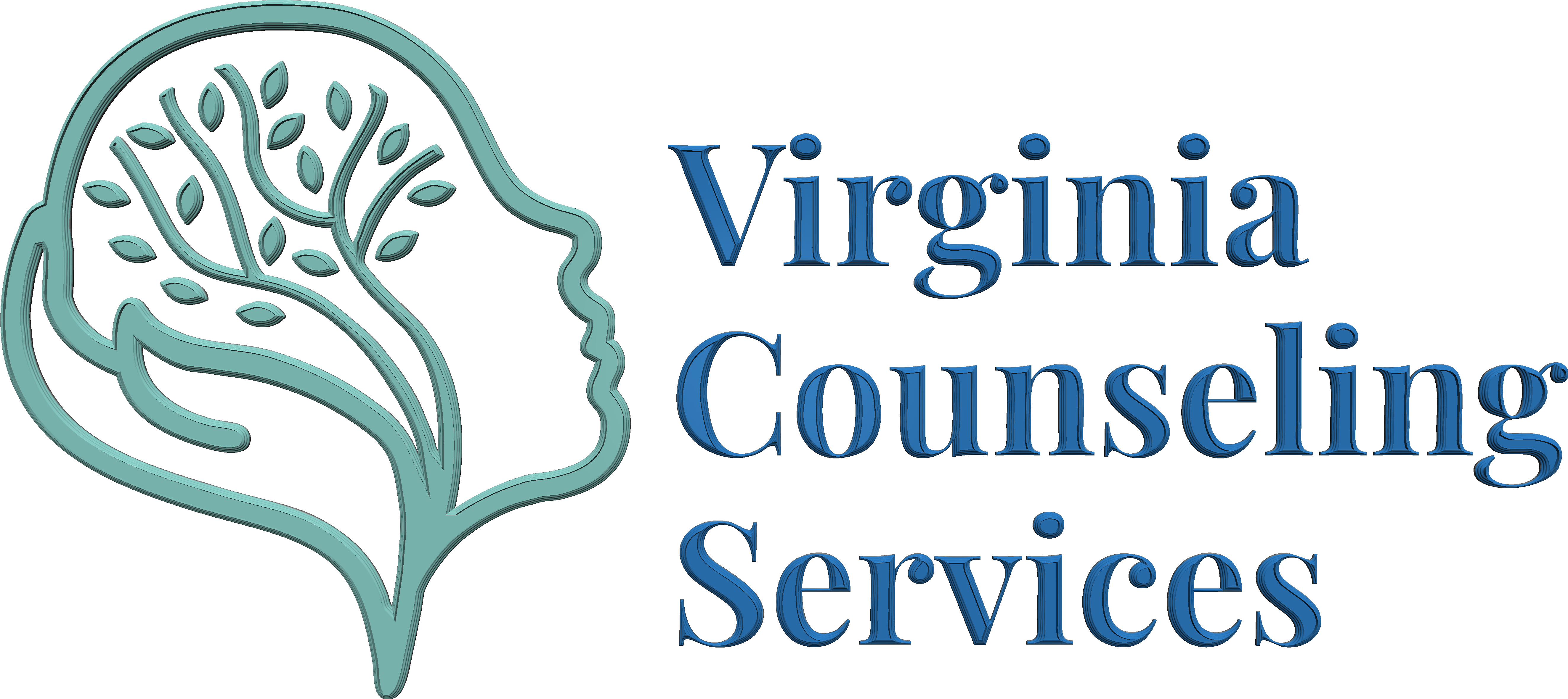Over the past few years, technology has transformed new avenues for individuals seeking mental health counseling. Digital platforms, including social media, mobile applications, and online therapy services, have emerged as 24/7 resources for mental health awareness and treatment. These platforms have opened up access to mental health information, breaking down barriers related to geography, stigma, and cost that often prevent people from seeking therapy.
Social media, while often criticized for its impact on mental health, has also played a vital role in destigmatizing mental health issues. Campaigns and discussions on platforms like TikTok and Instagram have opened up conversations about the reality of mental health struggles. By encouraging a culture of openness and support, people have become more relaxed with sharing their mental health struggles. Meanwhile, mental health apps offer tools for self-management, providing resources for meditation, mindfulness, and mood tracking (which I’m a huge fan of!)..
Online therapy platforms have particularly revolutionized access to professional help. Services like BetterHelp and Talkspace enable users to connect with licensed therapists via text, voice, or video calls. This convenience and flexibility were realized world wide during the COVID-19 pandemic, highlighting the potential for long-term changes in how therapy is delivered and received.
However, the rise of digital mental health solutions also poses challenges, including concerns over privacy, the quality of online therapy compared to in-person sessions, and the digital divide that may leave some populations behind. Despite these challenges, the benefits of digital platforms in enhancing mental health awareness and accessibility cannot be overlooked.
As we move forward, it’s clear that digital platforms will continue to play a greater role in shaping the future of mental health, offering promising opportunities for innovation and improvement in accessibility and service delivery.

